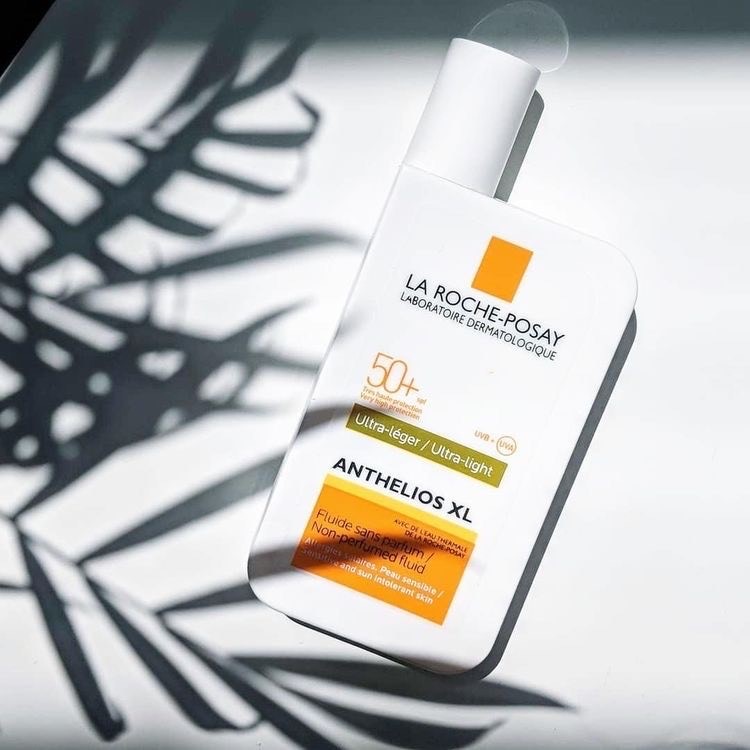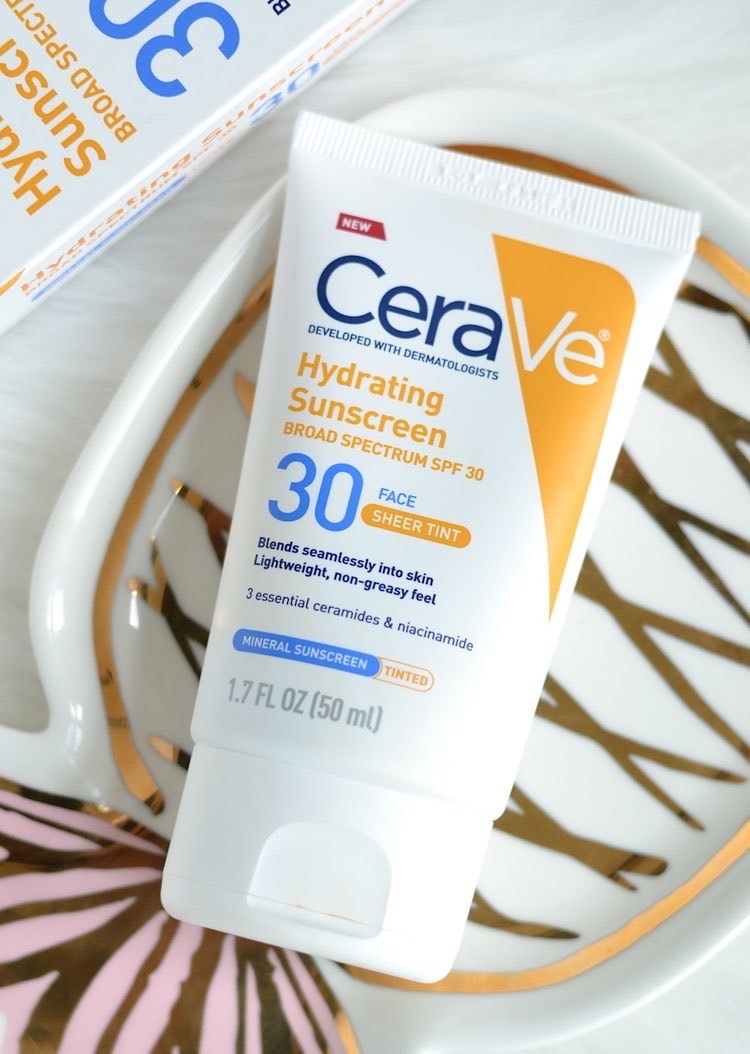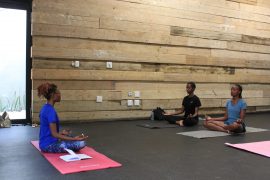BY EVA-LIISA NAILENGE
Do you wear sunscreen? If your answer is no, then this article was put together just for you.
The gist of it all is that it’s important to wear sunscreen daily to avoid sunburn, rashes and for the overall health and appearance of your skin. It is crucial that sunscreen becomes part of your skincare routine. Without it, it leaves the skin to sun exposure.
Sunscreen maintains an even skin tone, and ensures your complexion stays comfortable. With the right sunscreen, your skin is not left feeling dry or irritated. I recommend using the La Roche-Posay Anthelios Ultra Light Sunscreen Fluid.

Which sunscreen should people with sensitive skin opt for? What is the difference between mineral and chemical sunscreen, which fits best?
Mineral sunscreens come in two forms, titanium dioxide and zinc oxide, they are the only two mineral ingredients. They work in the skins upper layer to absorb and deflect the sun’s harmful rays. Mineral sunscreen does not penetrate the skin beyond the skin’s upper layers, they begin to work immediately on application, and people are less likely to report complaints of skin irritation when using mineral sunscreen examples of a mineral sunscreen is CeraVe Hydrating Sunscreen Broad Spectrum SPF 30.

Chemical sunscreens are generally found in products with thinner textures, they are more water resistant, and more likely to irritate people with sensitive skin. Common chemical sunscreen ingredients include, octinoxate, oxybenzone, and octisalate. They absorb into the top layer of skin and deflect the sun’s harmful rays.
In conclusion, find sunscreen that works best for your skin. And remember to ALWAYS wear it.
Debunking Myths about sunscreen protection or use
There is misconception around the use of sunscreen and its use. Some are not applying the sunscreen properly or at all.
So here are some myths to debunk the rumours around it all.
1. Sunscreen causes cancer.
People believe that chemicals (ingredients) found in sunscreen can cause cancer, as they are absorbed when applied. This is false, as there is no medical evidence suggesting ingredients found in sunscreen cause cancer or health problems.
2. Dark skinned individuals do not need to use sunscreen.
Dark skin is susceptible to sun damage. Some people believe that having more melanin in their skin do not need to use sunscreen. Yes, people with more melanin or darker skin are more protected from the sun, but it always best to use sunscreen.
3. Sun damage is not possible if it is cold, windy or cloudy.
Even on cooler or cloudy days, sunscreen is essential. Sun damage is just as ruthless on cloudy, windy days as it is on warm days, if not worse. Sun damage is caused by UV radiation and not temperature. Sunscreen is always a great way





